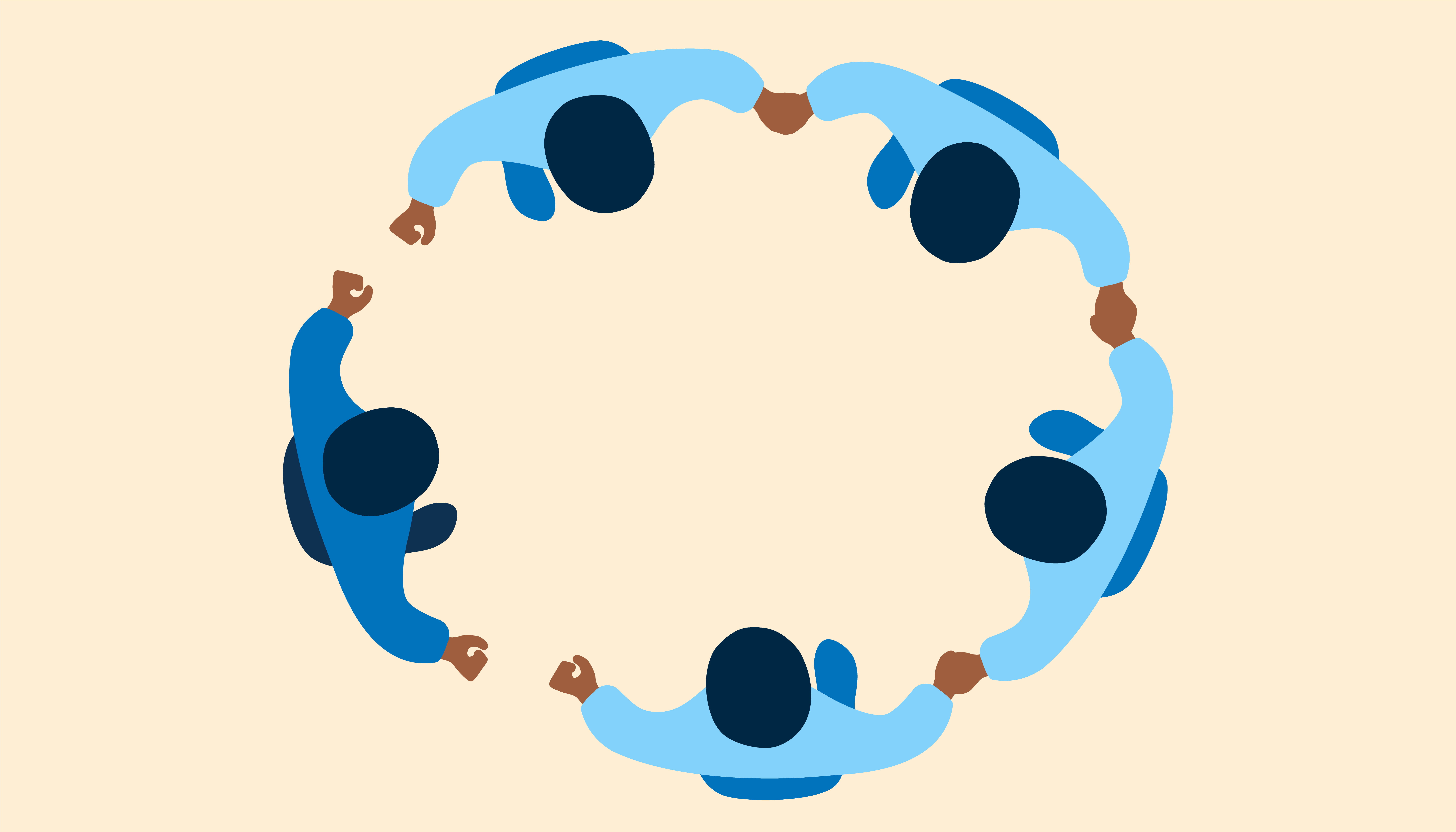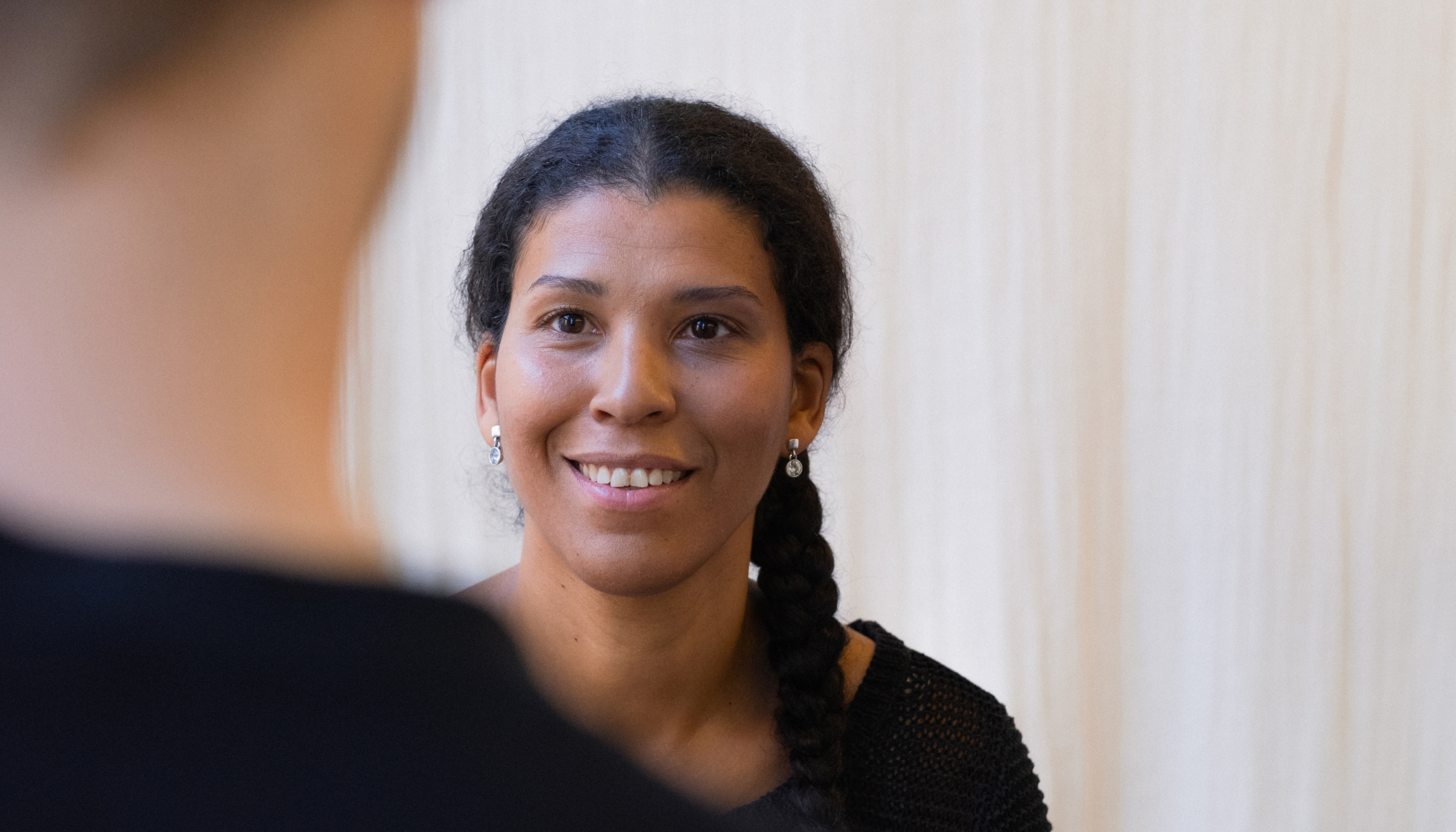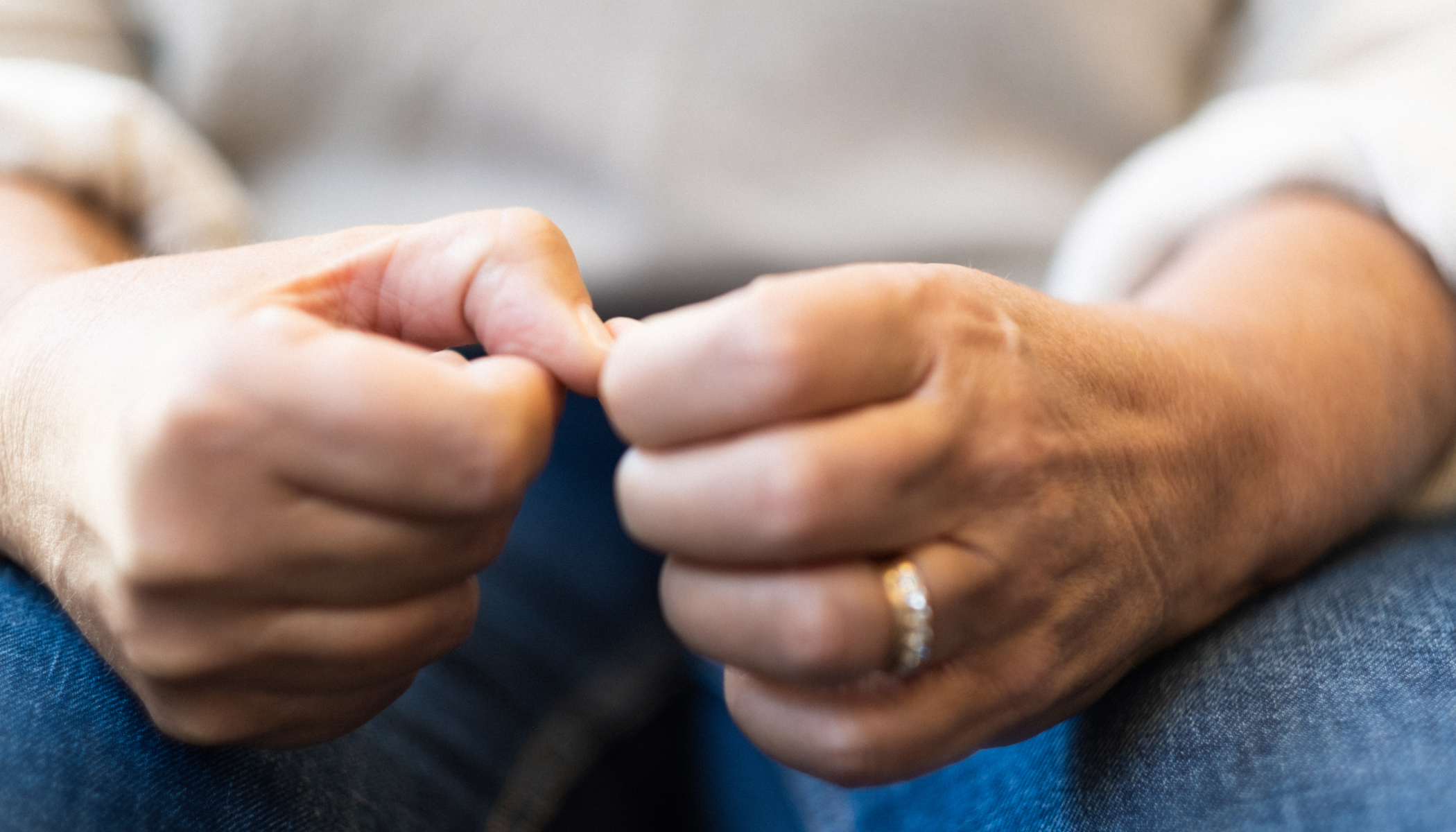Loneliness can affect all of us from time to time. More than 1 in 5 people say they often or always feel lonely. While social isolation and loneliness existed well before the Covid-19 pandemic, social distancing and other measures have intensified an already serious problem.
Being socially isolated isn’t just a lonely experience – it can have a detrimental impact on your mental health. In fact, social isolation can be both a cause and a symptom of mental health issues.
‘If you’re feeling socially isolated or lonely, there are a variety of ways you can get help,’ says Dr Cecilia Radecka, a Livi psychologist.
The difference between social isolation and loneliness
‘The main difference between social isolation and loneliness is in how people experience them,’ says Dr Radecka. ‘Social isolation is a state where you have few people to interact with regularly. Loneliness is a feeling, where you can be surrounded by people yet still feel lonely.’
Social isolation happens when you have little or no contact with people. Being socially isolated can lead to loneliness in some people, although it’s important to note that people can also feel lonely without being socially isolated.
‘Studies show that it isn’t the quantity but the quality of social interactions that matters,’ says Dr Radecka. For example, while social media can help us stay connected, it can lead to lower quality interactions. One study found that spending too much time on social media can increase feelings of loneliness.
It’s not just the elderly who feel lonely
Social isolation disproportionally affects older people, and in some countries, up to 1 in 3 older people are lonely. ‘Older adults are at increased risk of loneliness and social isolation due to living alone, the loss of friends or family and poor health,’ says Dr Radecka.
But social isolation can affect us all at some point. For some, being socially isolated comes and goes – perhaps as a consequence of life events, like a death of a loved one, a relationship break-up or moving somewhere new. For others, it’s more long term.
Our brains and social isolation
‘Research suggests that the loneliness of social isolation can impair brain function and cognition,’ says Dr Radecka. Existing studies have found the following areas of the brain are particularly affected:
Hippocampus
This area of the brain has a major role in regulating how we respond to stress. A review found that people with smaller social circles have higher levels of the stress hormone cortisol.
Amygdala
This region of the brain is important for forming memories – research suggests that people with a busy social life appear to have more volume in this area.
Prefrontal cortex
This part of the brain plays an important role in social behaviour, decision making and memory function. Studies suggest the function and volume of this area is reduced without regular social interaction.
‘Social isolation can also have an impact on our memory and how we process information,’ explains Dr Radecka. ‘There’s even evidence that social isolation accelerates cognitive decline, and loneliness has been found to increase the risk of developing dementia, especially Alzheimer’s,’ she says.
How social isolation affects our mental health
Humans are social beings, and regular social connection, through community, friendship and support networks, is vital for our mental wellbeing.
Social isolation is associated with an increased risk of mental health problems like anxiety and depression – and mental health issues can also increase your chances of feeling lonely. There’s even evidence that social isolation can shorten life span. A study found that people who are socially isolated are more likely to die prematurely, regardless of underlying health issues.
However, while social isolation and loneliness can impair our cognitive function, there’s also evidence that re-socialising and making new connections can reverse the negative effects of isolation. In a recent study conducted during the pandemic, residents who suffered cognitive decline during lockdown quickly recovered when restrictions eased.
How to overcome the effects of social isolation
If you’re feeling disconnected from life and experiencing loneliness, asking for help can be difficult and you might not know where to turn. ‘Often, we don’t want to admit to being lonely, as it carries a strong stigma. But it’s always a good idea to do so,’ says Dr Radecka. ‘It’s important to remember that there’s nothing shameful in feeling lonely – it’s a normal human experience.’
Here are some steps you can take to overcome the effects of social isolation:
1. Make social connections a priority
‘Although it may seem impossible, making small steps to connect with others is important. There are many forms of friendships – but the key here is quality, not quantity,’ explains Dr Radecka. ‘Arrange to chat to someone you haven’t spoken to in a while or set up a weekly phone call.’
2. Engage in the community
Being part of a community gives us a strong sense of belonging. Join a class based on your interests. ‘Doing activities that we enjoy is good for our mental wellbeing and a way to meet new people,’ says Dr Radecka. Try taking part in a book club, dog-walking group or choir or volunteering at a community garden. One study found that group singing significantly boosts psychological wellbeing.
3. Get moving
‘If you’re struggling with social anxiety, keeping physically active can improve your mood and decrease symptoms of depression and anxiety,’ says Dr Radecka. ‘It boosts the feel-good chemicals in the brain and decreases stress hormones, including adrenaline and cortisol.’
4. Ask for help
‘If you feel that social isolation and loneliness are affecting your health, don’t be afraid to reach out to family, friends or a health professional,’ says Dr Radecka.
‘A Livi doctor or therapist can evaluate your symptoms and talk you through treatment options available.’
This article has been medically approved by Dr Cecilia Radecka, a Livi psychologist.


